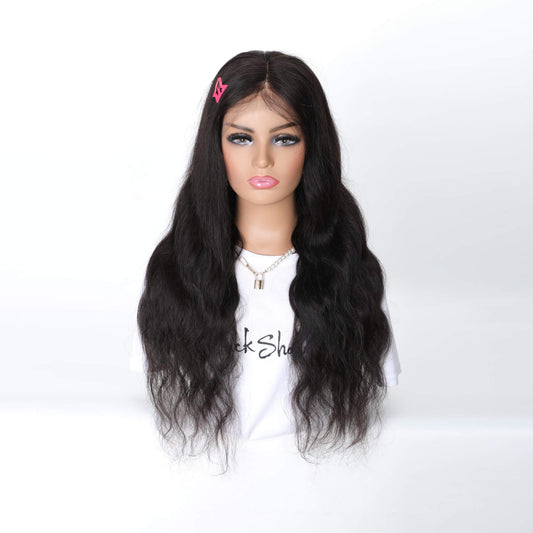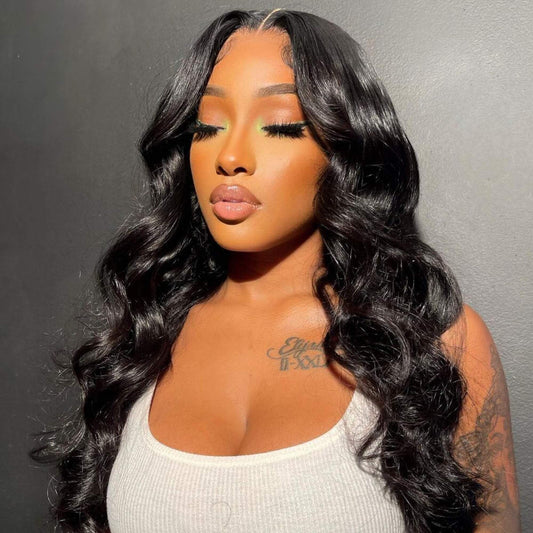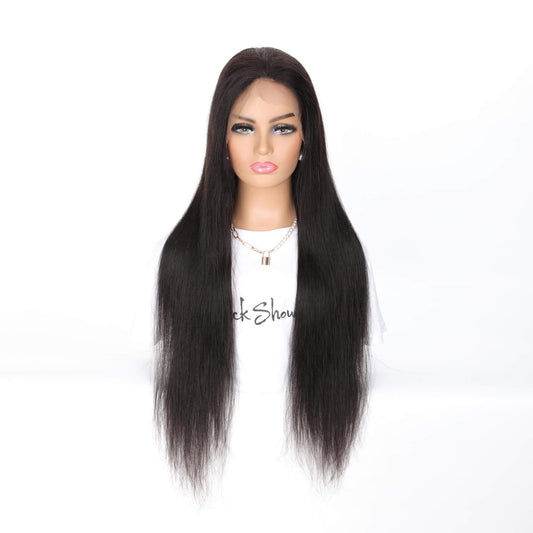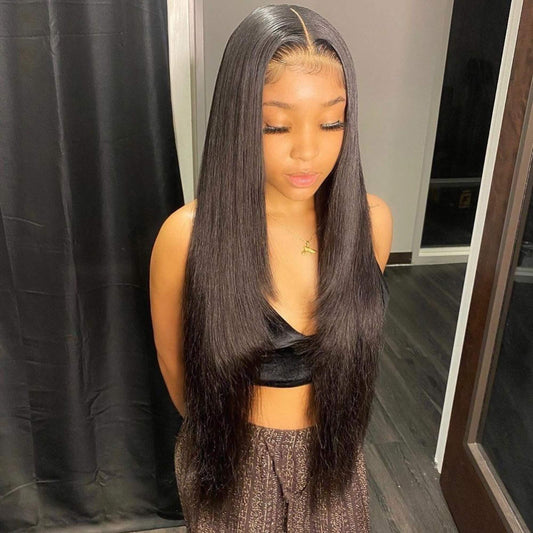7 Best Tips For Stopping Excessive Hair Shedding
Hair shedding is a part of everyday life; it clogs up shower drains, comes out excessively in your hair brushes, sometimes it can be overwhelming… but the fact is, hair loss is entirely normal.
On average we lose around 80 strands per day, the problem comes in, when you begin to shed significantly more than that, or you notice your hair isn’t growing as fast as you’re losing it, that’s when you should be concerned.
There are various triggers when it comes to hair loss, which means it can be a little tricky to pinpoint the exact reason why your locs are falling out. And hence, how to remedy your excessive shedding.
No worries, and do not fret, we have you covered! Here are a few tips on how to stop excessive hair shedding.
Tea Rinses

Many teas increase blood flow, have antioxidants, cleansing properties, antibacterial properties, and amino acids. Hair loss and shedding are caused by DHT “ dihydrotestosterone” caffeine blocks DHT, helping to reduce shedding and stimulating hair growth; you can use black or green tea. Finding the tea to get the job done should not be hard at all; we do suggest green tea and decaffeinated. If you see these are not working for you, try a tea that's stronger.
Caffeine is drying so be careful about the amount used. We suggest to use this method weekly for about a month or when you see consistent results. If you notice the shedding has subsided tremendously stop. Once the shedding begins again, you can add the method back into your routine as needed.
Remember too much of a good thing is bad.
Okay, now that we got all of the logistics out of the way, let’s show you how!
How To Tea Rinse Your Hair
-
Choose the tea you are going to use. Again, we do suggest starting with the least strong tea to see if it works. If not continue to increase.
-
Bring 8 oz of water to a boil
-
Place tea bag in boiling water, if you do not have a measuring cup, a regular teacup will suffice.
-
Allow sitting long enough to cool down. If you are using a fully caffeinated tea bag, remove it after five minutes, and allow to cool.
-
After your tea has cooled to a comfortable temperature, transfer to an application bottle.
-
Shampoo hair as normal
-
Apply tea rinse
-
Apply to scalp, no need to worry about your ends or midshaft
-
-
Massage the tea into your scalp, using a circular motion
-
Scalp massages increase blood flow
-
Strengthens your roots
-
We suggest using a scalp brush or your fingertips, do not use your nails.
-
You can also use essential oils; a few drops goes a long way
-
-
Leave the tea rinse in for 15 minutes; it is ideal for detangling your hair during this time as well.
-
Rinse
-
Condition hair as normal
Eat Better

Eating a balanced diet is extremely important. Eating plenty of vegetables, lean meats, and seafood - all of these contain essential nutrients for hair.
Lack of iron is one of the critical reasons for hair fall. To increase the intake of iron, eat green leafy vegetables, apricot, pulses, chicken, fish, egg, pork or beef.
Tomatoes, mangoes, papaya, sweet potatoes, and green leafy vegetables are rich in beta carotene.
To cure this problem, the best hair loss treatment would be to eat healthily and avoid oily foods.
Get Enough Beautyrest

Hair loss and sleep deprivation have become an epidemic in the few recent years appearing to be an annoying problem as well as a cause of concern. However, the question is, how is your sleep affecting your hair growth, and if there is a correlation between the two? Rest plays a pivotal role in regenerating and repairing your body and hair. Altering sleep patterns have been shown to affect the body's immune functionality, hormone secretion, as well as physical and mental stamina. Hair and hair growth are sensitive to changes within the body. During sleep, body tissues and muscles are repaired and restored; irregular sleep patterns can speed up or slow down hair growth. The body's immune system becomes vulnerable, due to lack of nutrients your bodies immune system becomes weak. As a result, the roots of the hair becomes weak, and hair falls out easily. If you're having a hard time sleeping and experiencing hair loss, here’s how your sleep is affecting your hair growth.
Control Your Stress

Sustained levels of stress can have a real impact on hair shedding. Unfortunately, the more that you ask “why does my hair keep falling out so much,” the more likely you are to feel stressed out. It can be a vicious circle of worry, which impairs the treatment or prevention of excessive hair shedding. It is important to remember that everyone experiences hair is shedding at certain times in their life, and while dietary changes can certainly help to improve hair health, there may be other hormonal factors at play. Cortisol is often known as “the stress hormone” and has a complicated relationship with hair shedding.
Slack Off On The Heat

Once your hair is damaged by heat, it is permanently damaged. High or excessive heat can permanently break the S-S or disulfide bonds within your hair strands that give hair its strengths and proteins, which ultimately, you guessed it, cause excessive hair shedding.
Hair that is weak, fine, and porous is more likely to be affected negatively by heat or anything for that matter. Know your hair and its limitations. If you’re afraid, start with low temperatures on a high-quality heat appliance made for highly textured hair or stay away from using both a blow dryer & flat iron in the same styling session.
Heat damage like any other type of hair damage is preventable, be sure to use heat protectants as well as not using it as often.
Loosen Up Your Hairstyles

Scalp stress is real, okay! Styling your hair too tight can cause itching, burning, and soreness to your scalp, especially when you move your head, this is a sign that your hairstyle is entire to tight. When wearing a tight hairstyle, your follicles are experiencing too much stress at the root which makes your scalp feel sore. Constant pulling and tugging of your strands will ultimately cause shedding and breakage, so loosen up!
Reevaluate your hair routine

If you're seeing a lot of shedding especially in the shower, take a look at the beauty products around you. Use a sodium laureth sulfate-free shampoo, suggests Dorin, wash with lukewarm water, and use a high-quality reparative conditioner with each washing. When it comes to styling, don't leave hair in styles with constant tension for long, like braids or in a tight pony.
The Takeaway
Hair breakage can be frustrating. The good news is that most underlying causes may be corrected with lifestyle changes. If you still experience hair breakage after making changes to your diet and hair routine, it may be time to see a healthcare professional rule out any underlying medical issues.





